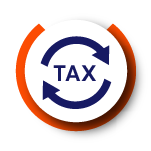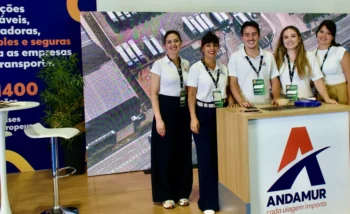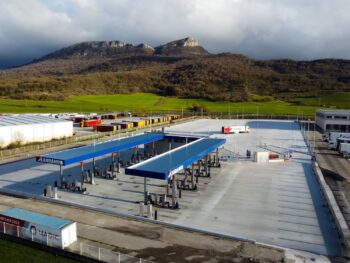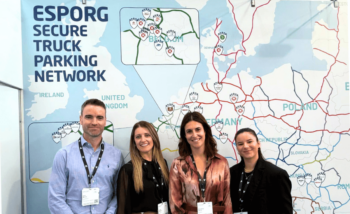

Manage costs related to Andamur fuel payments, AdBlue and secure parking. Credit payment options via bank transfer or online top-ups.
More information
Optimise management and control of your fleet with the most advanced technology. Travel in 12 European countries with a single device.
More information
Recover VAT and other taxes such as Professional Diesel, TICPE, the Macron Law and TIPP on your journeys around Europe. Service 100% tailored to your needs by an expert.
More informationPetrol stations in Europe
Countries in Europe
Customised Service
At Andamur your security and that of your fleet are our top priority. Which is why we devote much of our investment in R&D to developing products and services that make your journeys more secure.
Certified with standard ISO 27001, which endorses our ability to verify and manage risks with maximum security in all our transactions.
Customer service 100% tailored to your needs in all languages. A wide range of services designed solely and exclusively for the wellbeing of all hauliers.
Updated information about Andamur: news, novelties, launches and much more.

Andamur takes part for the third year in the Salão Nacional do Transporte in Portugal From 4th to 6th July, Andamur took part in a new edition of the Salão Nacional do Transporte, organised by ANTRAM and held at the Expocentro de Pombal (Portugal), one of the main industry events in our neighbouring country. For […]

The Andamur San Román II service area, featuring a Gold-certified parking lot meeting the highest European safety standards, is hosting a special event aimed at truck drivers to help them rest, receive direct gifts, and promote the use of its secure parking. 🚛 Free Secure Parking All Weekend From Friday, July 11 at 00:01 until […]

From June 2 to 5, Andamur took part in the Transport Logistic trade fair in Munich (World’s Leading Trade Fair for Logistics, Mobility, IT & SCM), the key international meeting point for the logistics and transport sector. This edition closed with record-breaking figures: 2,722 exhibitors from 73 countries and more than 77,000 visitors from over […]

© Copyright - Andamur
